Many men take advantage of returning to Vietnam to celebrate Tet to treat prostate enlargement, saving money and time compared to abroad.
Mr. Xuan, 67 years old, has had benign prostatic hyperplasia for many years, with difficulty urinating and frequent urination. 6 years ago, he had prostate reduction surgery in the Netherlands, and recently the disease relapsed. For the past two years, he has had to take medicine every day to make it easier to urinate.
At the end of January, he came to Tam Anh General Hospital in Ho Chi Minh City with acute urinary retention, pain, and discomfort in the lower abdomen. Master, Doctor Nguyen Tan Cuong, Deputy Head of the Department of Urology, Center for Urology - Nephrology - Andrology, helped the patient urinate quickly, releasing the stagnant urine in the bladder, recording about 600 ml, equivalent to the maximum capacity.
Dr. Cuong said that the patient's prostate was 80 ml in size, about 4 times larger than normal (25 ml). Taking medicine did not help, so Mr. Xuan underwent endoscopic surgery using the Holmium Laser (HoLEP) method to remove the prostate gland through the urethra. Large pieces of prostate tissue in the bladder were sucked out and ground into small pieces through a tissue grinder system to be removed.
Half a day after the surgery, Mr. Xuan recovered, had no pain, could eat and walk normally. Two days later, his catheter was removed, he could urinate comfortably, and was discharged from the hospital.
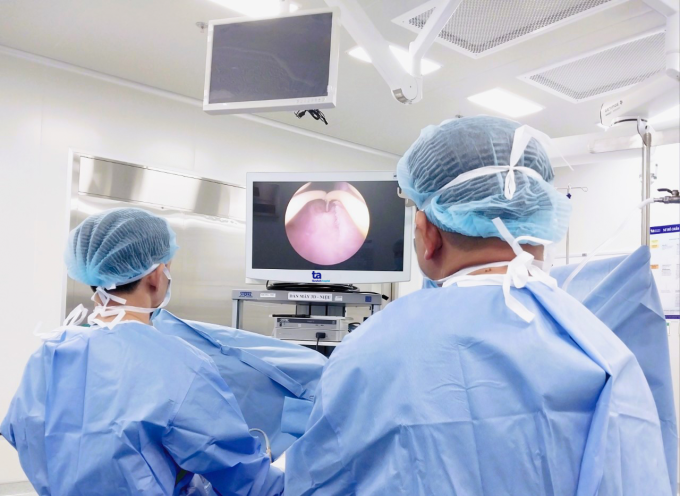
Doctors at Tam Anh General Hospital in Ho Chi Minh City performed endoscopic prostatectomy for Mr. Xuan. Photo: Thang Vu
Mr. Hung, 75 years old, had a urinary catheter inserted in the US a year ago due to urinary retention due to benign prostatic hyperplasia. After the catheter was removed, the disease relapsed, and he had to go to the emergency room but had to wait two months in the US for surgery. While returning to Vietnam for Tet, he also treated the disease.
Dr. Cuong said that Mr. Hung's prostate mass was 200 grams, 10 times larger than that of a normal person (15-20 grams). He underwent endoscopic prostatectomy one day after the pre-operative examination results were available.
Two days after the surgery, he removed the catheter, was able to urinate without pain, and was able to eat and walk normally. "Now I can celebrate Tet with my family without fear of having to be hospitalized for catheterization," he said.
According to Master, Doctor Nguyen Truong Hoan, these are two of many patients who underwent surgery to treat benign prostatic hyperplasia at Tam Anh Hospital near the Lunar New Year 2024. Compared to the same period in 2023, the number of overseas Vietnamese returning home to celebrate Tet and receive prostate examination and treatment this time increased by about 5%.
Dr. Hoan believes that there are many reasons that attract overseas Vietnamese to return home for medical treatment, including the increasing quality of medical examination, treatment, and health care services in Vietnam. Modern technology and skilled doctors help patients be treated with difficult, advanced techniques in the world such as robot-assisted laparoscopic surgery at a much lower cost than abroad.
"Like Mr. Hung, if prostate surgery is performed in the US, the cost could be more than 300 million VND, but at Tam Anh Hospital it is only about 50 million VND," said Dr. Hoan.
In some developed countries, patients have to wait for days to make an appointment with a specialist. For some surgeries, such as prostate surgery, patients have to wait for months, according to Dr. Hoan. Meanwhile, in Vietnam, patients can have their surgery done quickly, be discharged early, and have time to travel and visit relatives. In addition, some overseas Vietnamese also face language barriers and difficulties communicating with doctors.
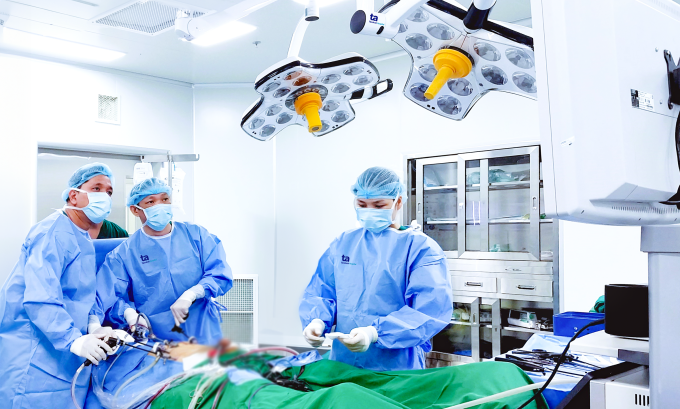
Dr. Hoan (first on the left) and Dr. Cuong (middle) perform prostate surgery on a patient. Illustration: Thang Vu
According to Dr. Cuong, Tet is the time when men with benign prostatic hyperplasia have an increased risk of urinary retention due to drinking a lot of beer and alcohol. Beer and alcohol have diuretic effects, and at the same time contain ingredients that affect the bladder nerves, causing the patient to urinate quickly. People with large prostates are prone to urinary retention, unable to urinate even when the bladder is full, causing pain, and must be treated immediately. If left untreated, prolonged urinary obstruction can lead to many dangerous complications such as urinary tract infections, bladder stones, hematuria, bladder muscle weakness, and impaired kidney function.
There are currently many surgical methods for treating benign prostatic hyperplasia. Minimally invasive treatments are increasingly popular because they do not require incisions, are less painful, are highly effective, and have a quick recovery. Endoscopic prostatectomy or embolization are appropriate treatment options when the prostate is large (over 60 ml). Depending on each specific patient, the doctor will prescribe the appropriate treatment plan.
Doctor Cuong recommends that older men with urinary disorders such as difficulty urinating, nocturia, frequent urination... should go to the hospital for examination and treatment as soon as possible. Patients should drink enough water every day, avoid drinking too much alcohol, increase their intake of green vegetables and fruits, regularly exercise lightly, and avoid cycling or driving long distances.
Thang Vu
* Patient's name has been changed
| Readers send questions about urinary diseases here for doctors to answer |
Source link



![[Photo] Prime Minister Pham Minh Chinh chairs meeting after US announces reciprocal tariffs](https://vstatic.vietnam.vn/vietnam/resource/IMAGE/2025/4/3/ee90a2786c0a45d7868de039cef4a712)
![[Photo] Moment of love: Myanmar people are moved to thank Vietnamese soldiers](https://vstatic.vietnam.vn/vietnam/resource/IMAGE/2025/4/3/9b2e07196eb14aa5aacb1bc9e067ae6f)
![[Photo] Special relics at the Vietnam Military History Museum associated with the heroic April 30th](https://vstatic.vietnam.vn/vietnam/resource/IMAGE/2025/4/3/a49d65b17b804e398de42bc2caba8368)
![[Photo] General Secretary To Lam receives Japanese Ambassador to Vietnam Ito Naoki](https://vstatic.vietnam.vn/vietnam/resource/IMAGE/2025/4/3/3a5d233bc09d4928ac9bfed97674be98)

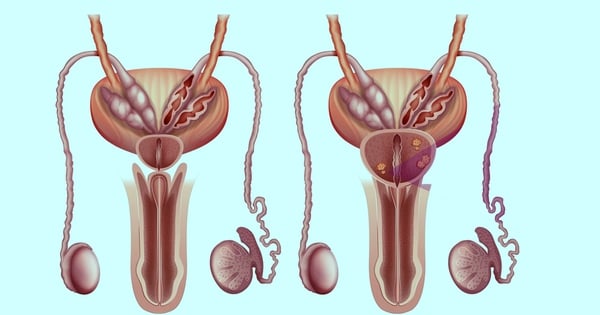

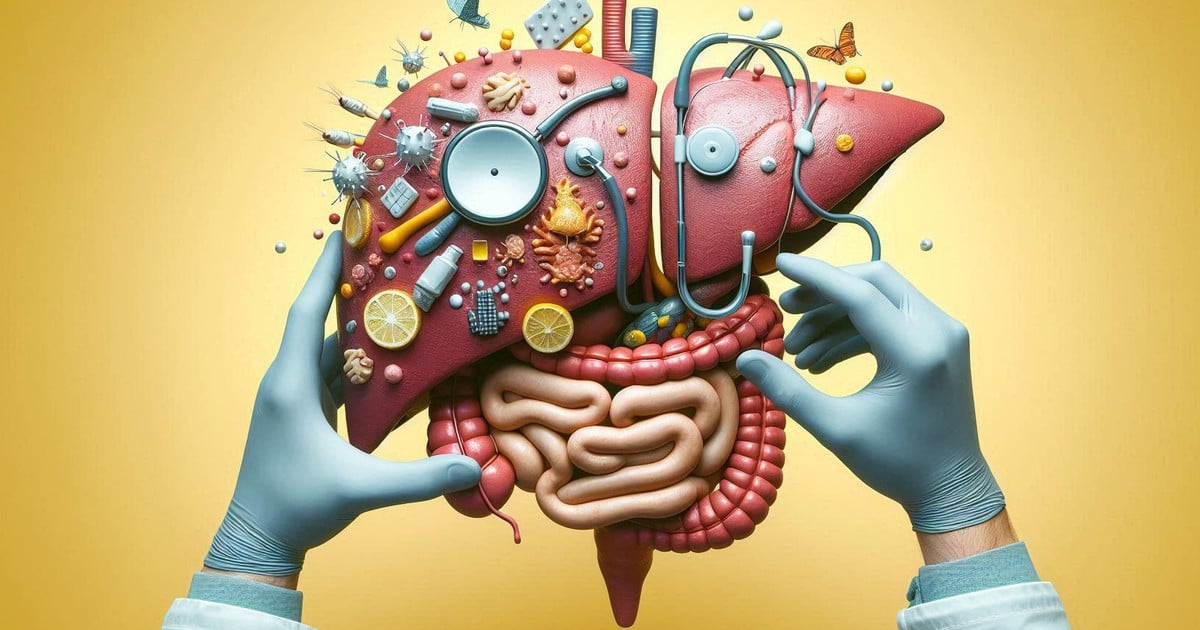


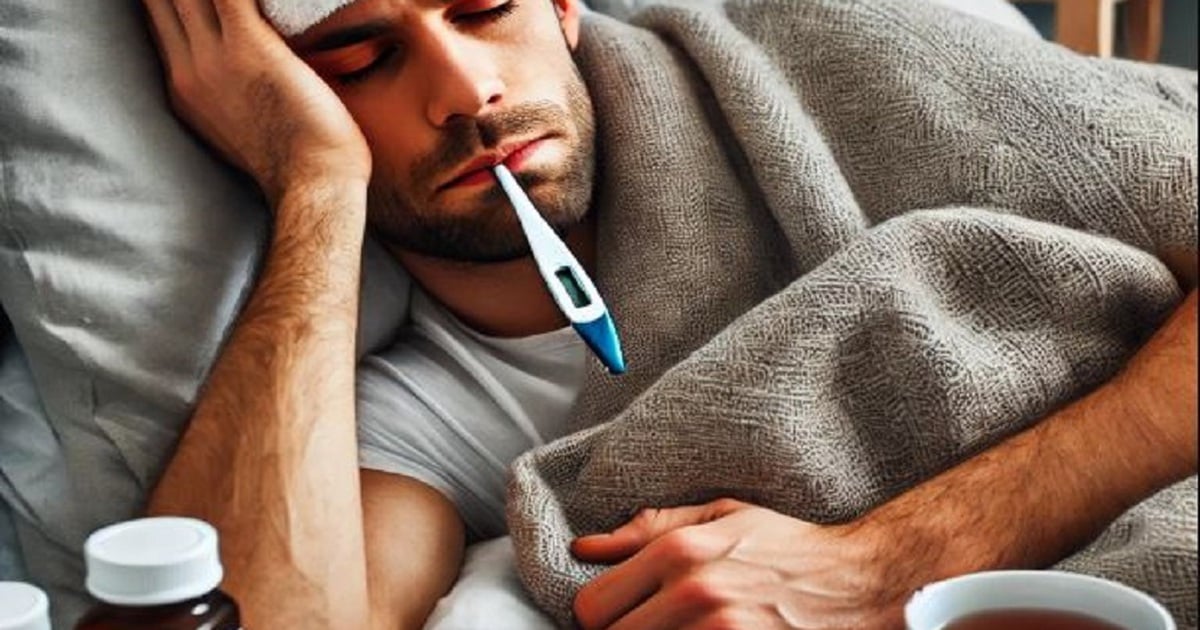
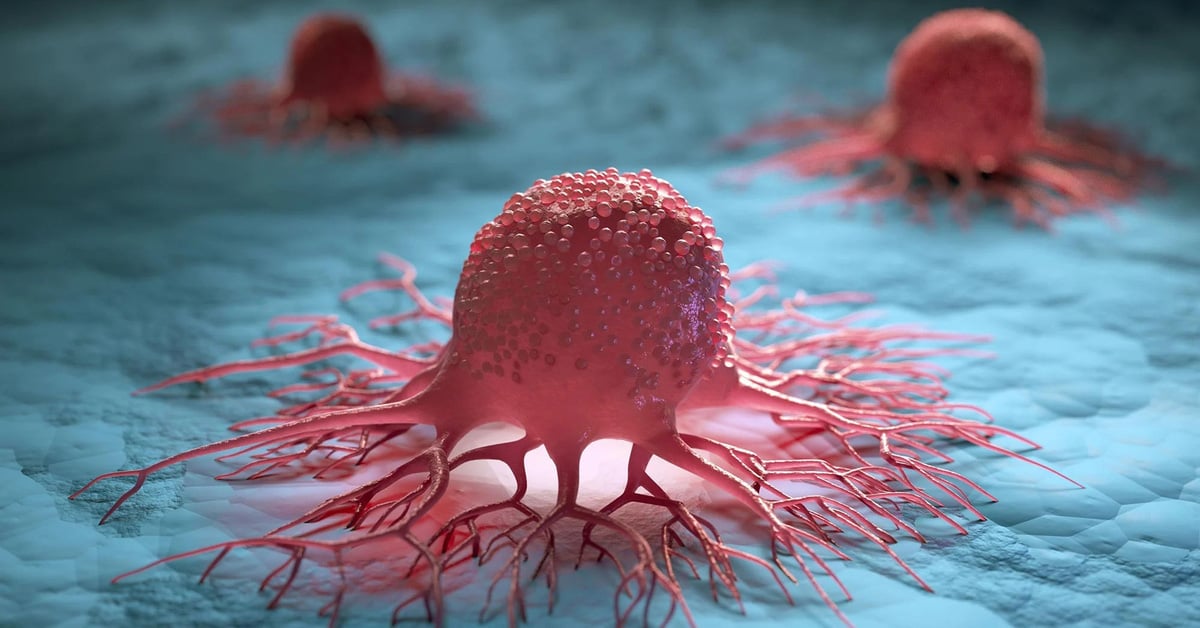



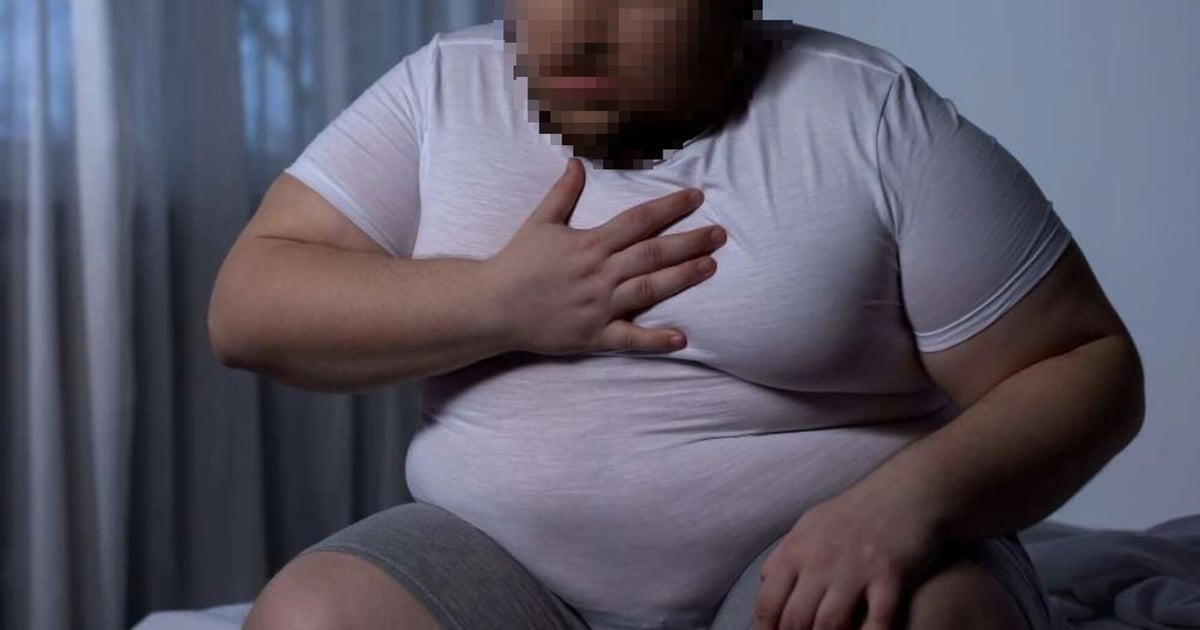


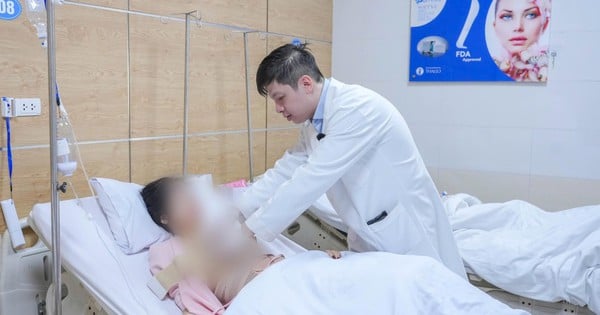
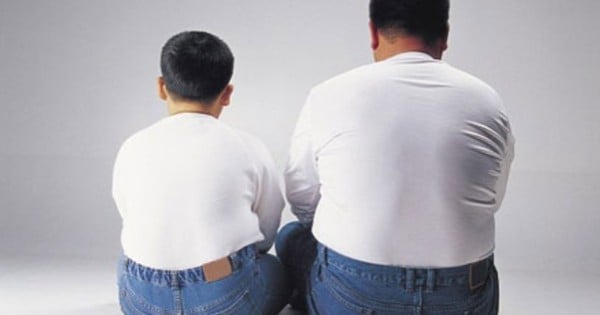
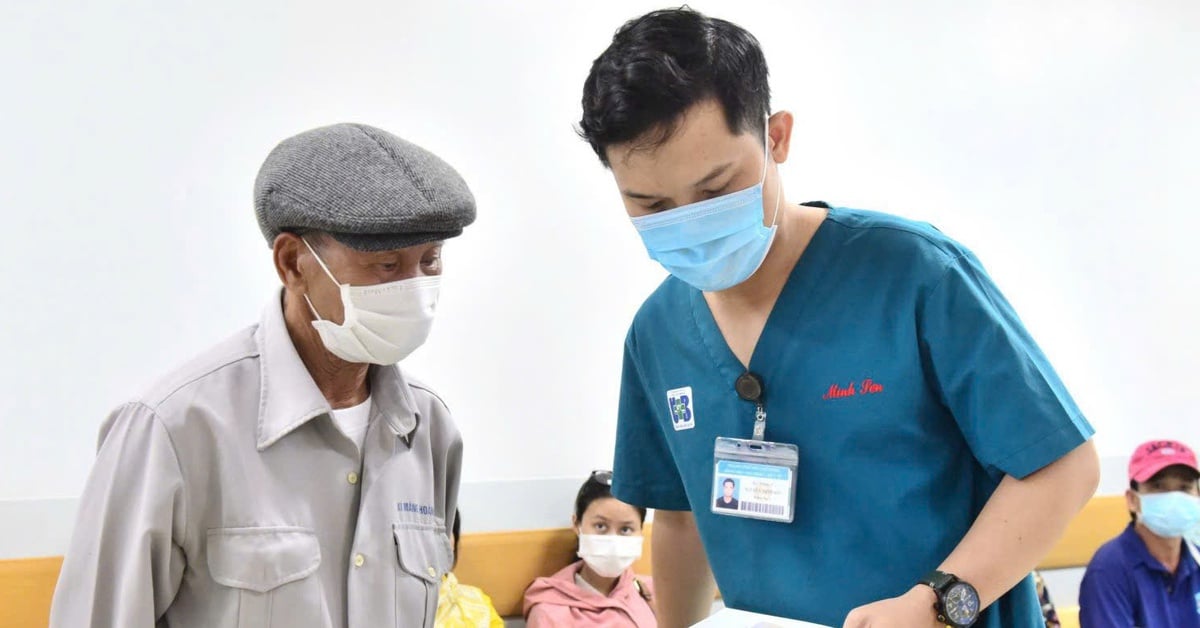













































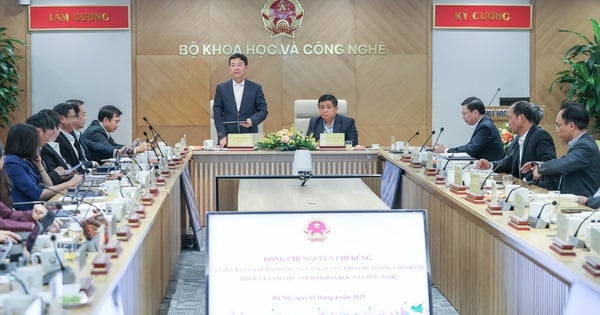


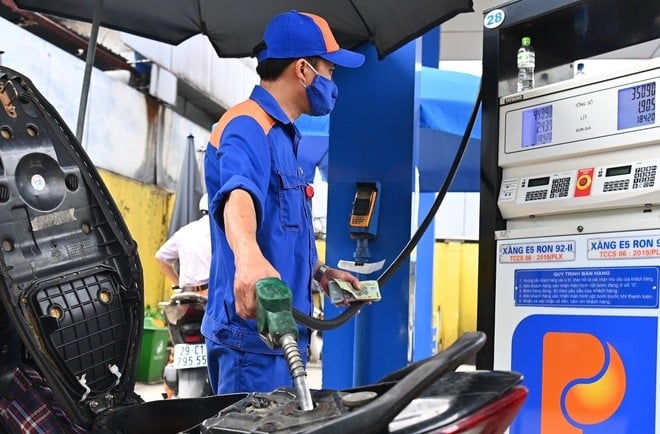


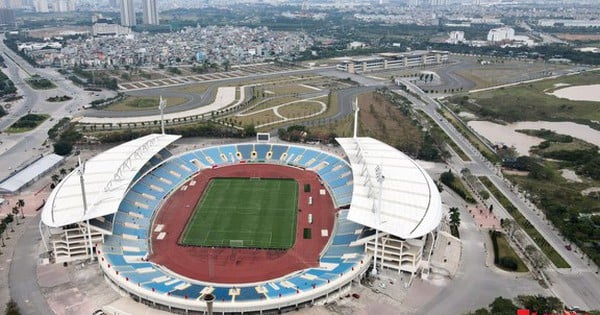
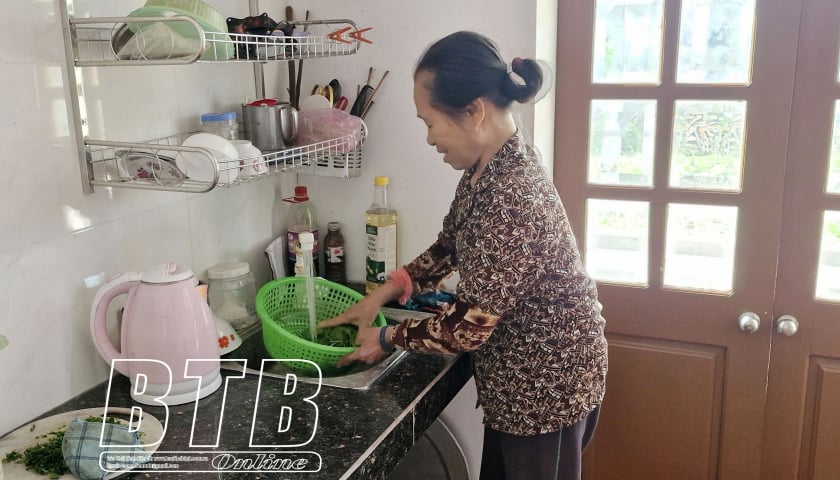


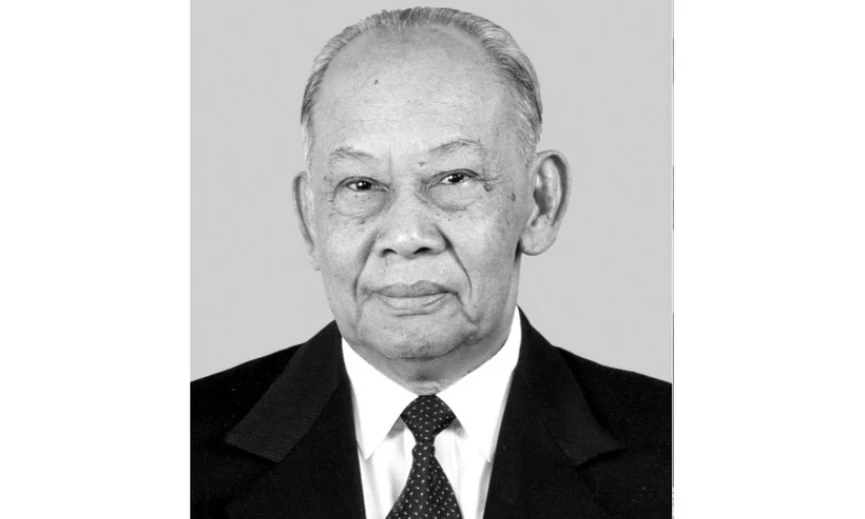


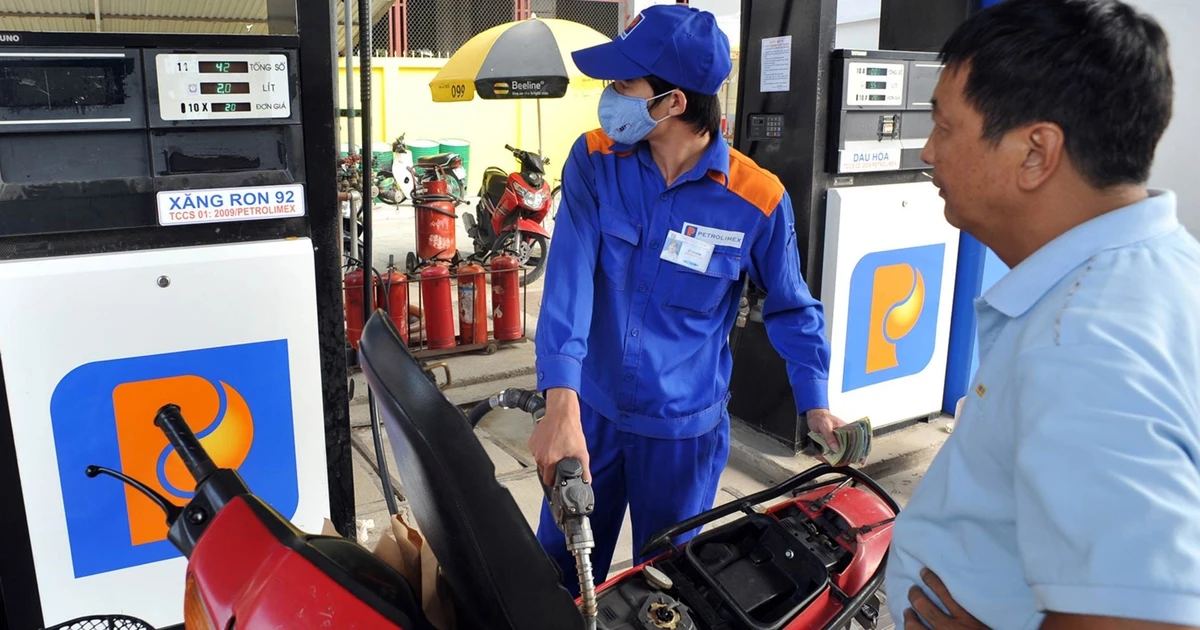












Comment (0)